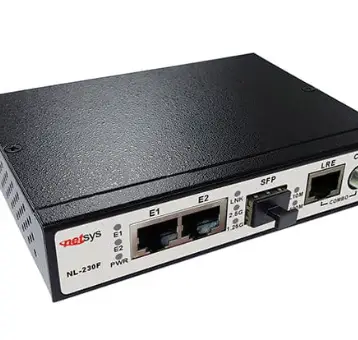
When you think of hackers, you may automatically picture people sitting behind computers involved in cybercrimes. But not all hackers are cybercriminals. To understand hackers, you first need to know what cybercrime is. Cybercrime is any illegal activity that involves a computer, device, or computer network.
There are many cybercrimes, including email fraud, identity theft, financial data theft, cyberextortion, cryptojacking, and cyber espionage. Even illegal gambling, copyright infringement, selling banned items, or possessing or sharing illicit material are types of cybercrimes as per the European Convention of Cybercrime.
What is a hacker?
A computer hacker is a person who compromises the security of the following types of computer devices or networks:
- Routers
- Public WiFi
- Private WiFi
- Desktops
- Laptops
- Smartphones
- Tablets
- Smartwatches
- Video game consoles
- Smart home device
- And more
Law enforcement agencies may define you as a hacker regardless of your skill. You’re a hacker, whether you use a simple spear-phishing attack to gain someone’s usernames and passwords or apply sophisticated techniques to break into an organization’s computers.
What are the types of hackers?
1. White Hat Hacker
A white hat hacker is someone who uses their skill to thwart black hat and even grey hat hackers. Many white hat hackers spend years honing their skills through qualifications and real-world experience. They can make a good living because they’re in demand from organizations looking to protect their networks.
Some white hat hackers use honeypot computers to lure cyber attackers and study them. A honeypot computer is a decoy device that draws a hacker’s attention. It can serve as a trap or a sacrificial system to protect other potential targets.
2. Black Hat Hacker
A black hat hacker is anyone who breaches network security to commit cybercrimes. Such hackers may target organizations or individuals. They may use social engineering or malvertising to breach security. Some black hat hackers also rely on malware like botnets, browser hijackers, ransomware, rootkits, Trojans, viruses, and worms to achieve their goals. Sometimes, they may use a combination of malware.
For instance, a savvy cybercriminal could use a Trojan to enter a network and open a backdoor to take over the system. Alternatively, they may use a phishing attack to drop ransomware and hijack data for money. Although some black hat hackers gain notoriety for their high-value crimes, the average black hat hacker makes significantly less money than their white hat counterparts. Not only do they make less money, but they also risk facing decades behind bars.
3. Grey Hat Hackers
Grey hat hackers breach networks to develop their skills, for entertainment, or to help organizations, but not for monetary gain. An excellent example of grey hat hackers is the team that breached Poly Network and stole over $600m (£433m) before returning it.
The hackers have been promised a $500,000 reward and jobs for exposing flaws in the network. Not all grey hat hacker stories end well, though. After all, hacking into a network, regardless of intent, doesn’t guarantee immunity from prosecution from law enforcement.
There certainly are many types of hackers with different goals, skills, and tools. While many behave maliciously, some hackers stand in their way to defend others.







![10 Top Game Sites Not Blocked By School [2024 Updated]](https://thefutureofthings.com/wp-content/uploads/2024/10/image-25-358x358.png)


